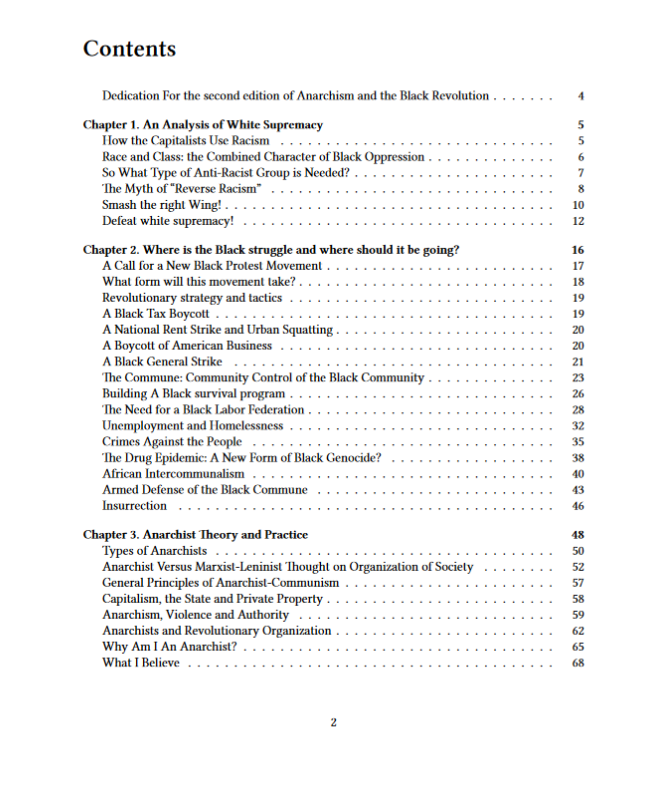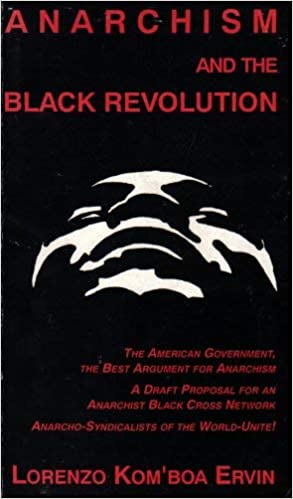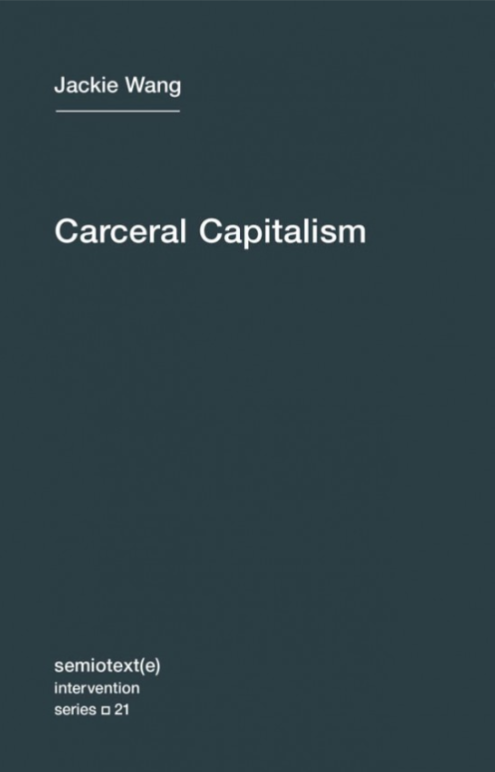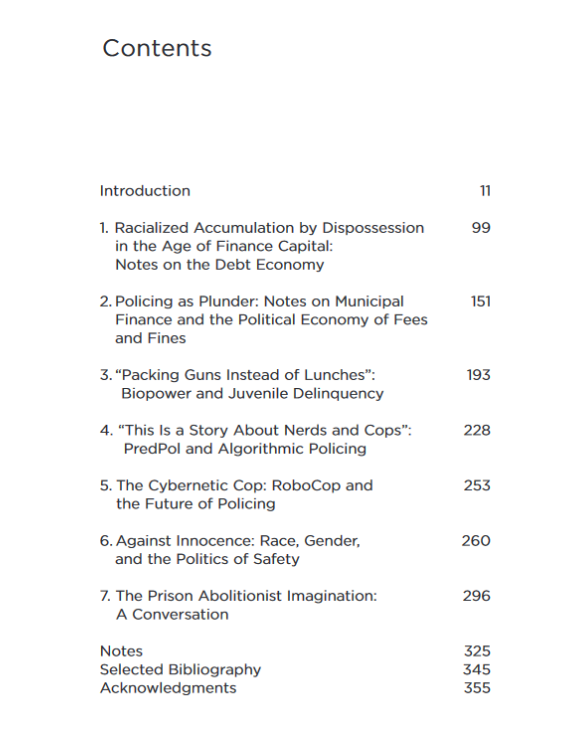Author(s)
Contents

“From Detroit, Michigan to Durban, South Africa, from the Caribbean to Australia, from Brazilto England, Black workers are universally oppressed and exploited. The Black working class needs its own world labor organization. There is no racial group more borne down by social restraint than Black workers; they are oppressed as workers and as a people.
Because of these dual forms of oppression and the fact that most trade unions exclude or do not struggle for Black laborer’s rights, we must organize for our own rights and liberation. Even though in many African and Caribbean countries there are “Black” labor federations, they are reformist or government-controlled. There is a large working class in many of these countries, but they have no militant labor organizations to lead the struggle.
The building of a Black workers’ movement for revolutionary industrial sabotage and a general strike, or organize the workers for self-management of production, and so undermine and overthrow the government is the number one priority.”
Lorenzo Kom’boa Ervin
Leave a comment below with a valid email adress (it will not be published) to request this book.


